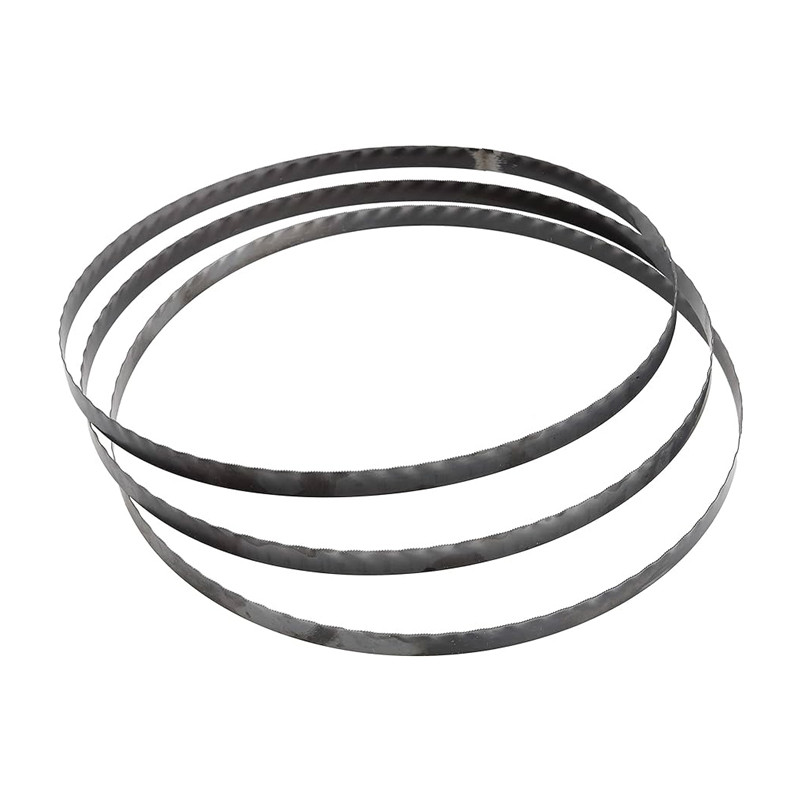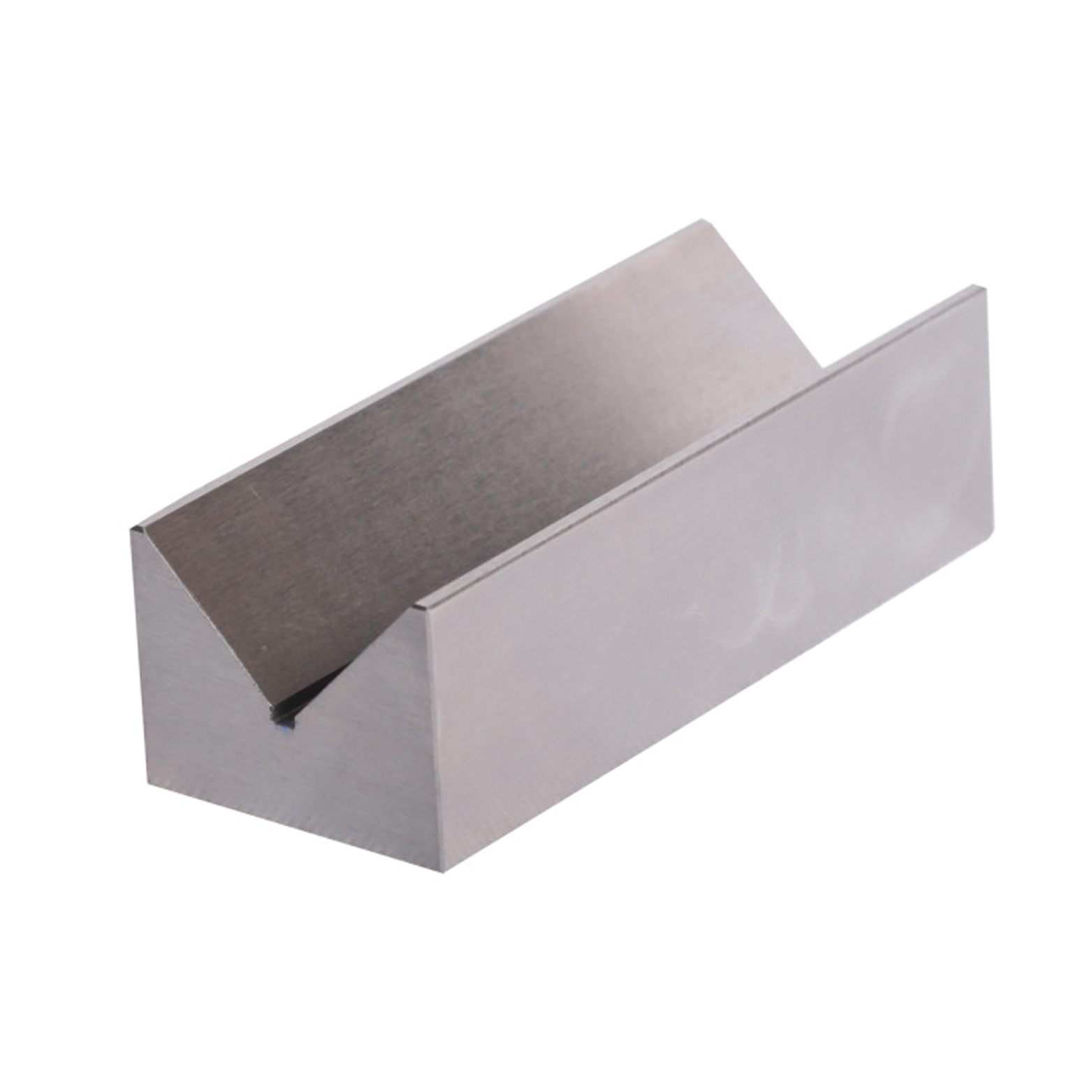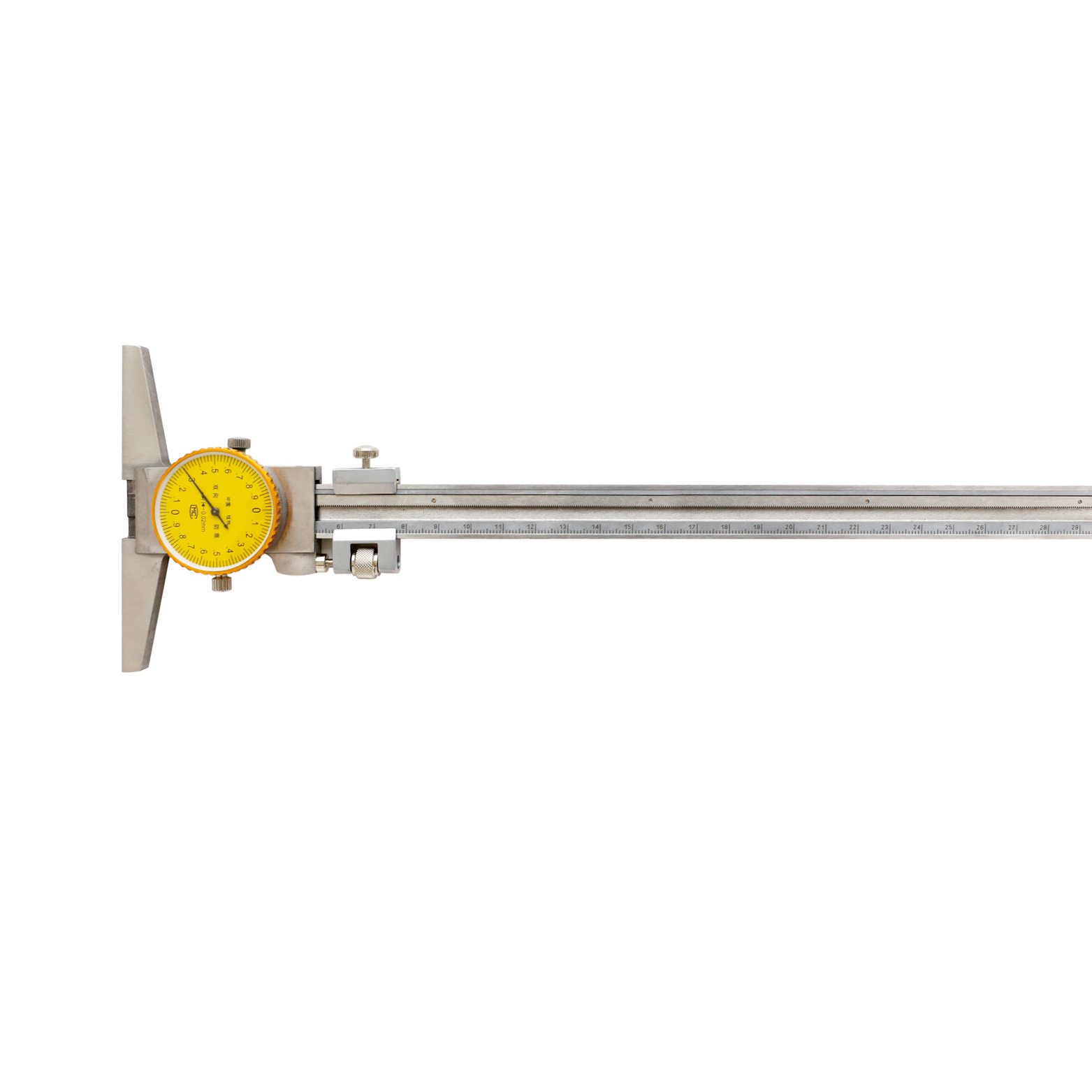thread gauge Factories
Thread gauge factories specialize in the design, manufacturing, and supply of precision instruments used to verify the accuracy and conformity of screw threads. These gauges are essential for ensuring interchangeability and proper fit in threaded components across various industries.
Understanding Thread Gauges
What are Thread Gauges?
Thread gauges are inspection tools used to check the dimensional accuracy of screw threads, both internal (nuts, tapped holes) and external (screws, bolts). They are crucial for maintaining quality control in manufacturing and ensuring that threaded parts meet specified standards, such as ISO, ANSI, and others.
Types of Thread Gauges
Various types of thread gauges are available, each designed for specific purposes:
- Plug Gauges: Used to inspect internal threads. These come in GO/NO-GO configurations.
- Ring Gauges: Used to inspect external threads, also in GO/NO-GO configurations.
- Thread Measuring Wires: Used with micrometers to accurately measure pitch diameter.
- Thread Calipers: Used for quick checks of external thread dimensions.
- Taper Thread Gauges: Used for inspecting tapered threads, such as those found in pipe fittings.
Key Considerations When Choosing a Thread Gauge Factory
Quality Certification and Standards
Ensure the thread gauge factory adheres to recognized quality standards such as ISO 9001. This certification indicates a commitment to quality management and consistent manufacturing processes. Look for accreditation from reputable organizations. This ensures that thread gauges are accurate and reliable.
Manufacturing Capabilities and Materials
The factory should possess advanced manufacturing equipment, including CNC machining centers, grinding machines, and measuring instruments. The choice of materials is also critical. High-quality thread gauges are typically made from hardened tool steel to ensure durability and resistance to wear. The heat treatment process is equally important to achieve the necessary hardness and stability.
Customization Options
Many applications require specialized thread gauges tailored to unique thread forms or dimensions. A reputable thread gauge factory should offer customization services, including the ability to design and manufacture gauges to meet specific customer requirements. This might involve non-standard thread sizes, special materials, or unique gauge designs.
Calibration and Traceability
Thread gauges must be calibrated regularly to maintain their accuracy. The thread gauge factory should provide calibration services and traceability to national or international standards. This ensures that the gauges are accurate and that their measurements can be relied upon.
Lead Time and Delivery
Consider the factory's lead time and delivery capabilities. A reliable thread gauge factory should be able to provide realistic delivery schedules and adhere to them. This is especially important for time-sensitive projects or when custom gauges are required.
Top Thread Gauge Factories
While specific recommendations can vary based on your location and requirements, here are some general categories of reputable thread gauge factories known for quality and reliability:
- European Manufacturers: Known for precision engineering and adherence to strict quality standards.
- American Manufacturers: Offer a wide range of standard and custom thread gauges.
- Asian Manufacturers: Provide cost-effective solutions while maintaining acceptable quality levels. Consider companies like Wayleading Tools for a blend of quality and value.
Applications of Thread Gauges
Thread gauges are indispensable in a wide array of industries:
- Aerospace: Ensuring the integrity of threaded fasteners in aircraft components.
- Automotive: Verifying the accuracy of threads in engine parts, chassis components, and other critical systems.
- Oil and Gas: Inspecting threads in pipes, fittings, and drilling equipment.
- Medical Devices: Ensuring the precision of threads in surgical instruments and implants.
- General Manufacturing: Maintaining quality control in threaded fasteners and components.
Selecting the Right Thread Gauge: A Step-by-Step Guide
- Identify the Thread Standard: Determine the relevant standard (e.g., ISO, ANSI, UN, NPT).
- Determine Thread Size and Pitch: Measure or identify the thread diameter and pitch.
- Choose the Gauge Type: Select the appropriate gauge type (plug, ring, or other).
- Specify GO/NO-GO Requirements: Determine whether GO/NO-GO gauges are needed.
- Consider Material and Coating: Choose materials and coatings appropriate for the application.
- Select a Reputable Supplier: Choose a thread gauge factory with a proven track record.
Cost Considerations
The cost of thread gauges varies depending on the type, size, material, and customization requirements. Standard gauges are typically less expensive than custom gauges. Consider the long-term cost of ownership, including calibration and replacement costs. Investing in high-quality gauges from a reputable thread gauge factory can save money in the long run by reducing scrap rates and ensuring product quality. To get an accurate idea of pricing contact various thread gauge factories for quotes.
Maintaining Your Thread Gauges
Proper maintenance is essential for prolonging the life of thread gauges and ensuring their accuracy:
- Cleaning: Clean gauges regularly with a soft cloth and appropriate cleaning solution.
- Storage: Store gauges in a clean, dry place to prevent corrosion.
- Handling: Handle gauges carefully to avoid damage.
- Calibration: Calibrate gauges regularly according to the manufacturer's recommendations.
Conclusion
Selecting the right thread gauge factory is crucial for ensuring the quality and reliability of threaded components. By considering factors such as quality certification, manufacturing capabilities, customization options, calibration services, and lead time, you can find a supplier that meets your specific needs. Whether you need standard or custom thread gauges, investing in high-quality gauges from a reputable factory is essential for maintaining quality control and achieving manufacturing success.
Related products
Related products
Best selling products
Best selling products-
 Precision V Block And Clamps Set With Customized Type
Precision V Block And Clamps Set With Customized Type -
 Inch Solid Carbide Twist Drill With Internal Coolant & External Coolant
Inch Solid Carbide Twist Drill With Internal Coolant & External Coolant -
 25PCS DIN338 HSS Twist Drill Bit Set From 1-13mm
25PCS DIN338 HSS Twist Drill Bit Set From 1-13mm -
 HSS Inch Screw Slotting Saws For Industrial With Bright Or TiN Coated
HSS Inch Screw Slotting Saws For Industrial With Bright Or TiN Coated -
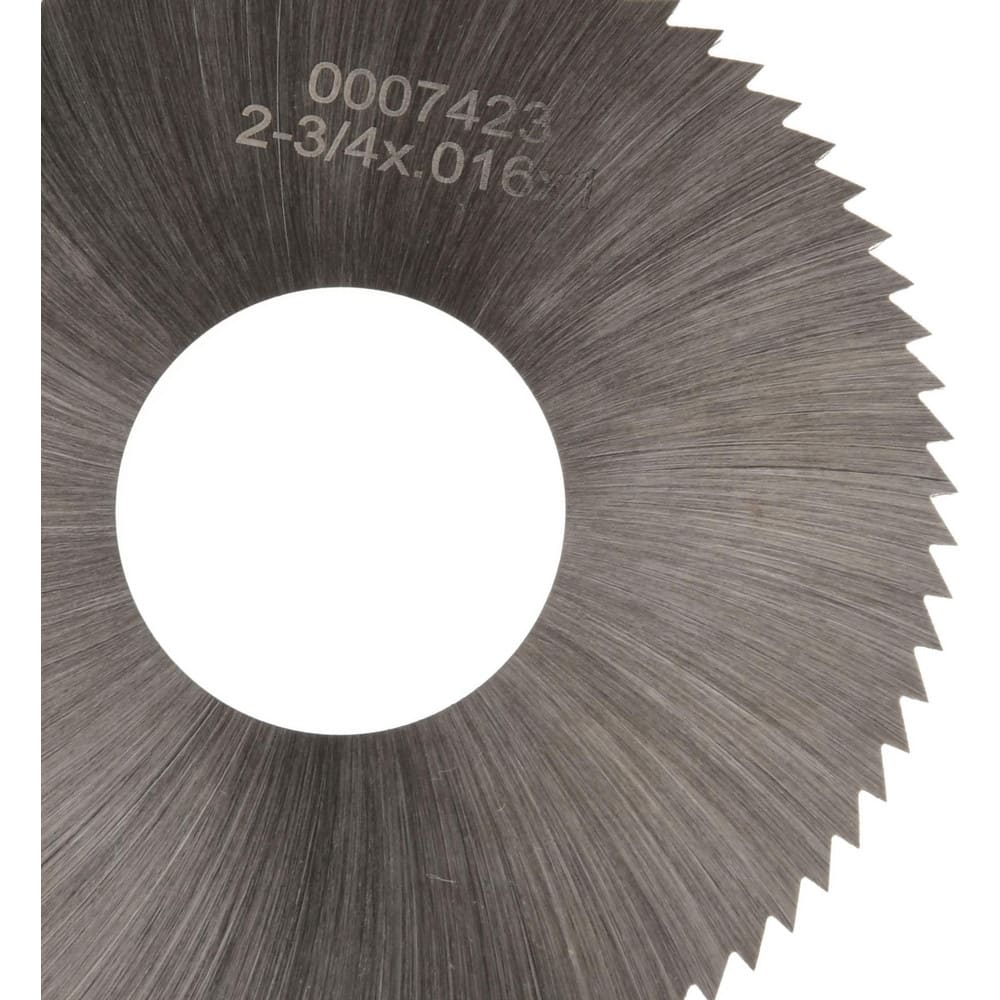 HSS Inch Plain Metal Slitting Saws For Industrial
HSS Inch Plain Metal Slitting Saws For Industrial -
 Dead Center For Morse Taper Shank
Dead Center For Morse Taper Shank -
 Stub Milling Machine Arbor With NT, R8 and MT Shank
Stub Milling Machine Arbor With NT, R8 and MT Shank -
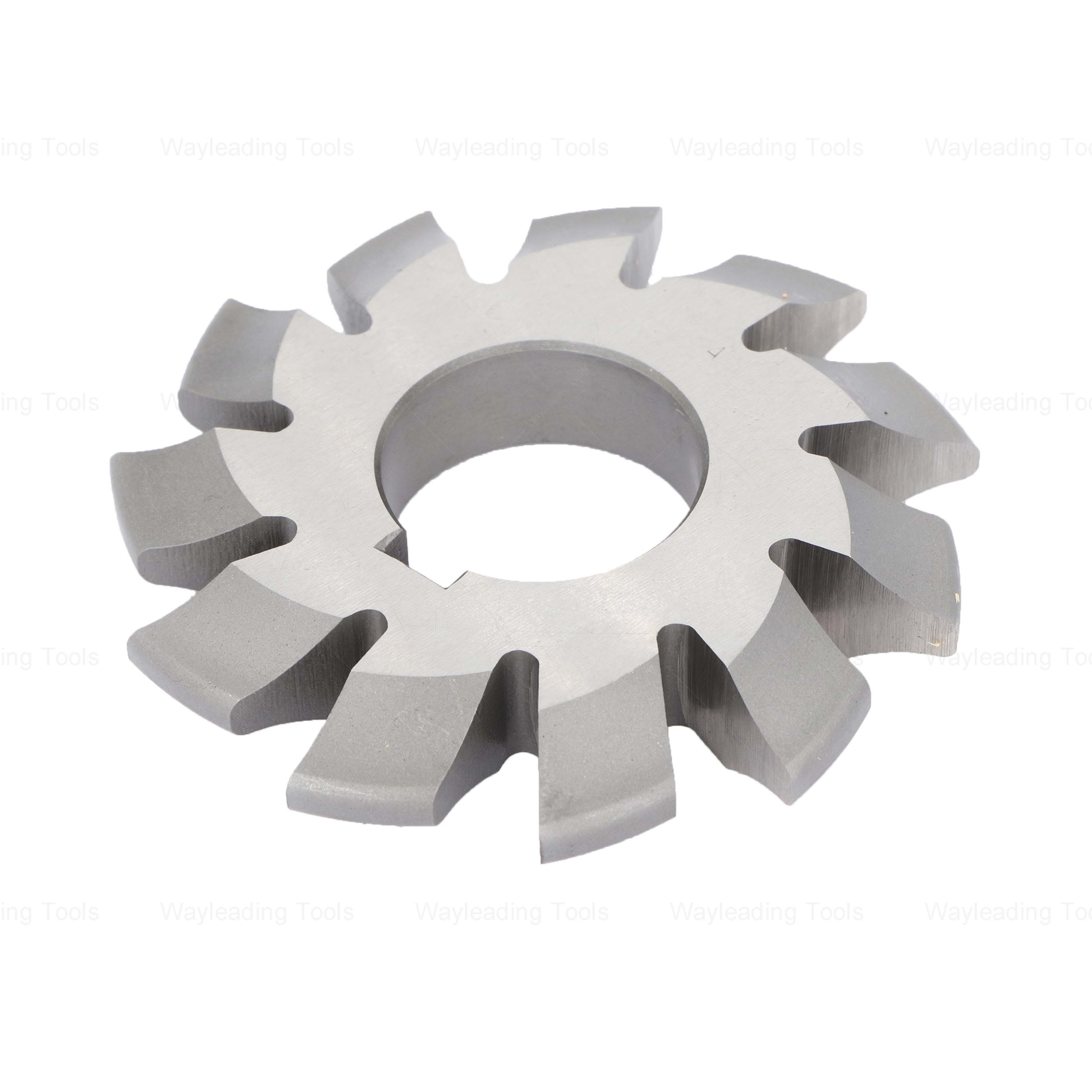 HSS Involute Gear Cutters – Module Type, PA 20° / 14.5°
HSS Involute Gear Cutters – Module Type, PA 20° / 14.5° -
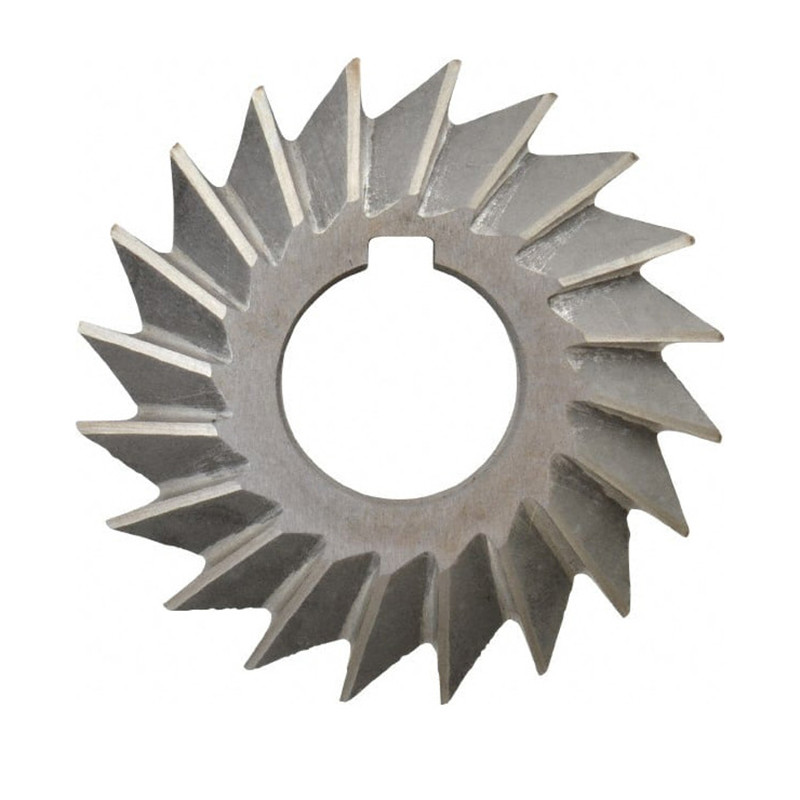 HSS Inch & Metric Single Angle Milling Cutter For Industrial With Bright Or TiN Coated
HSS Inch & Metric Single Angle Milling Cutter For Industrial With Bright Or TiN Coated -
 Outside Micrometer Set Of Inch & Metric With Rachet Stop
Outside Micrometer Set Of Inch & Metric With Rachet Stop -
 Precision Digital Bore Guage From 6-450mm Range
Precision Digital Bore Guage From 6-450mm Range -
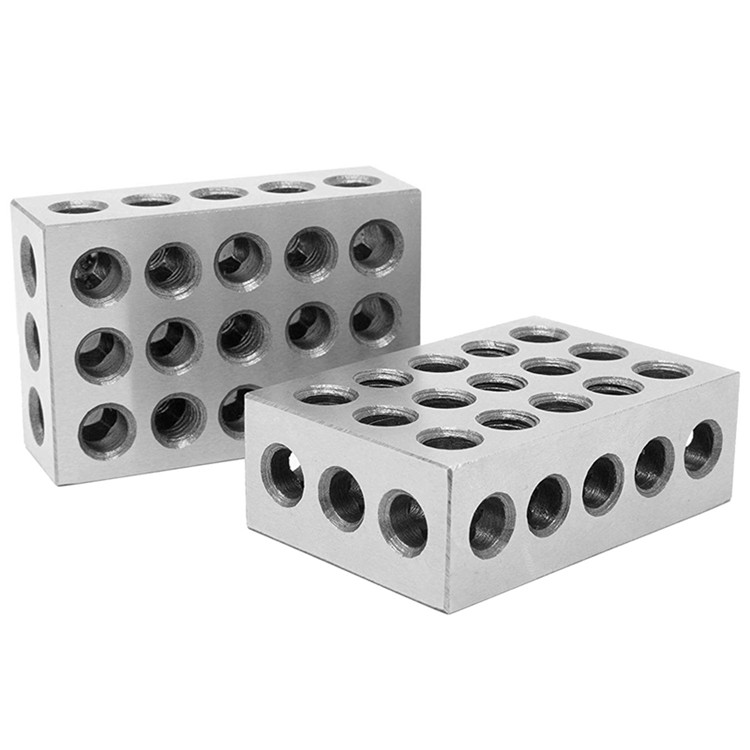 Precision 1-2-3, 2-3-4 or 2-4-6 Block With 1 And 11 And 23 Or None Hole
Precision 1-2-3, 2-3-4 or 2-4-6 Block With 1 And 11 And 23 Or None Hole


